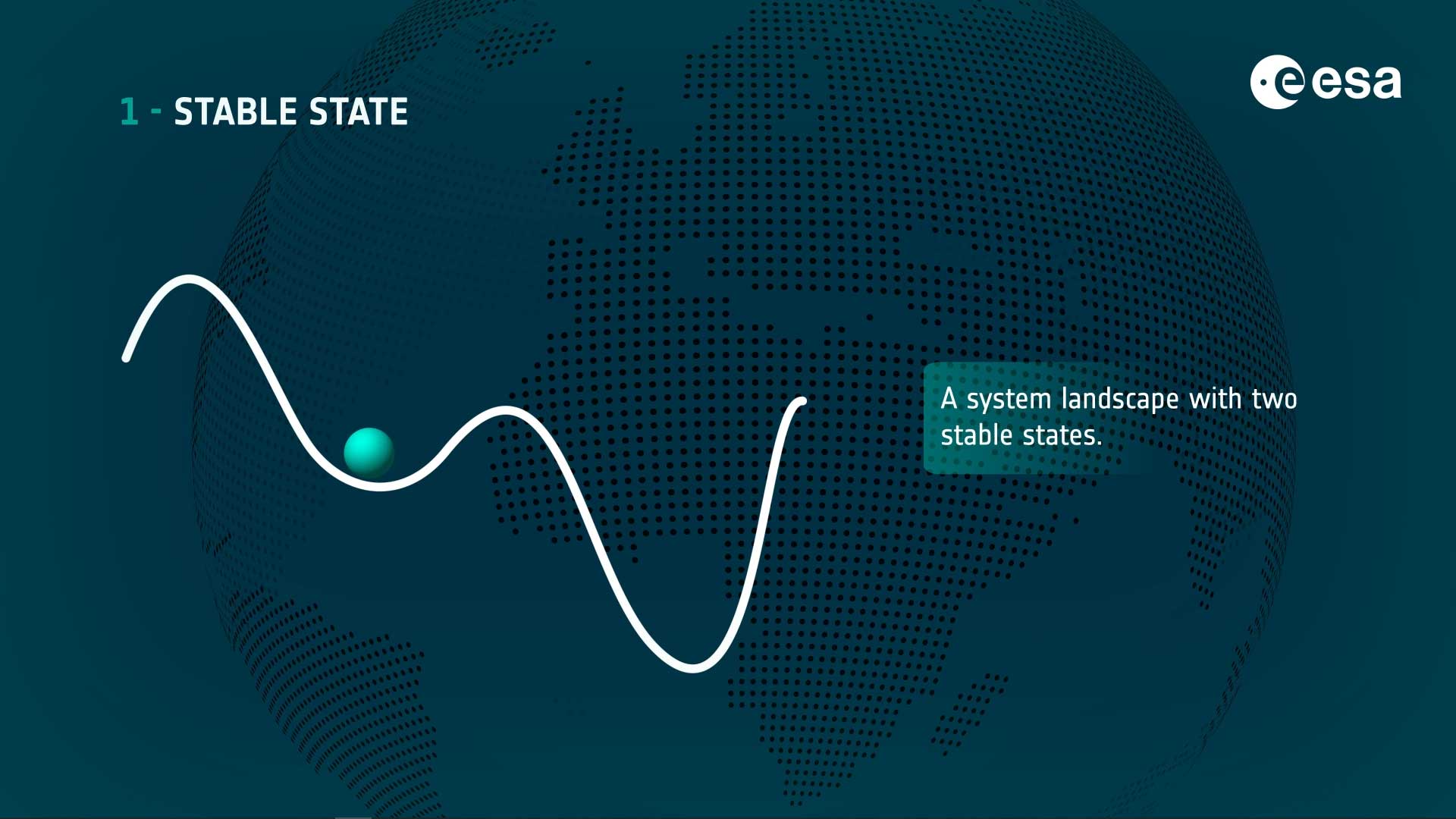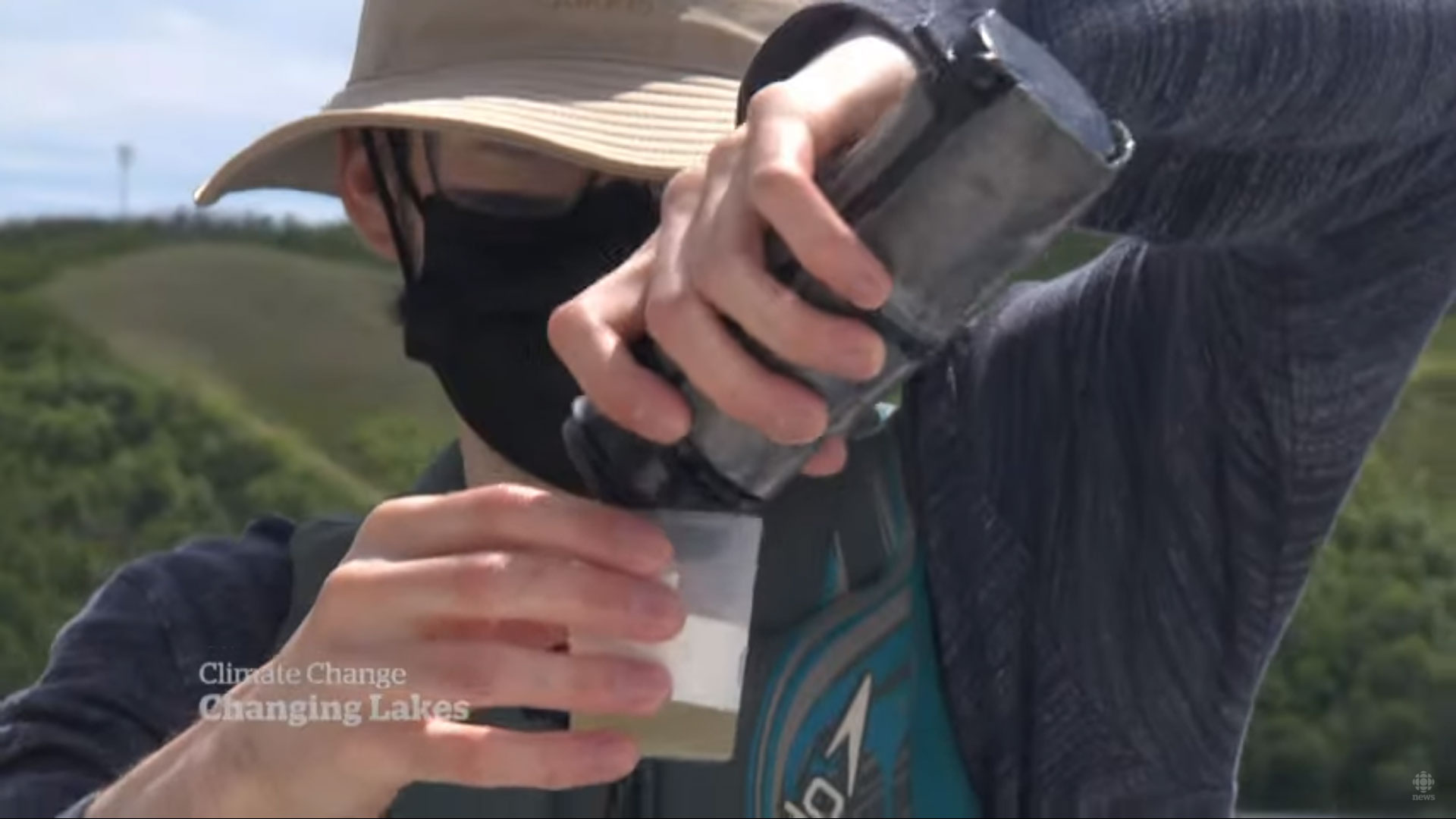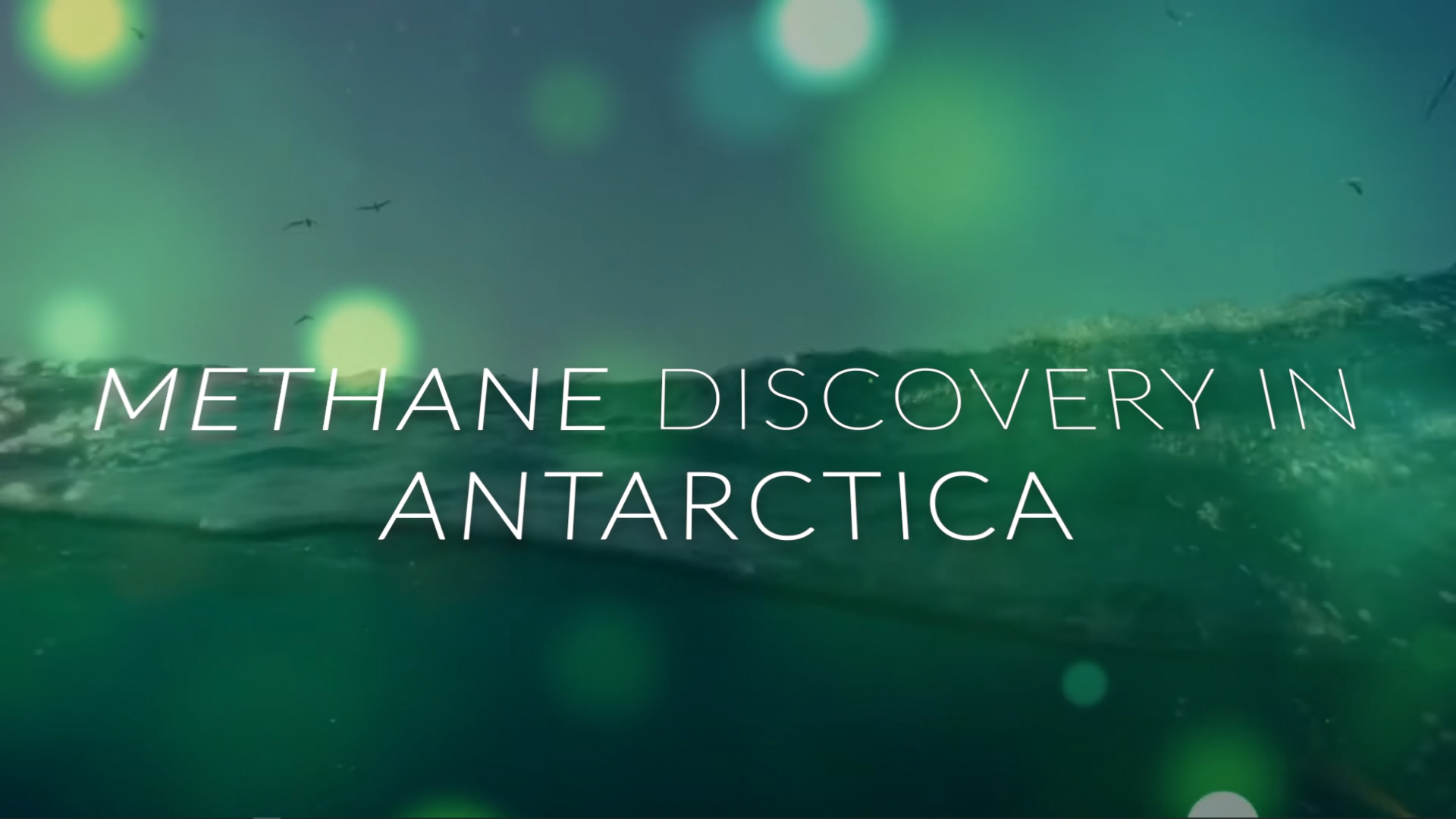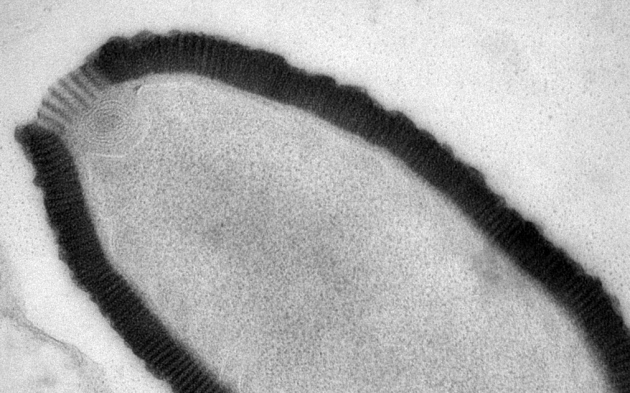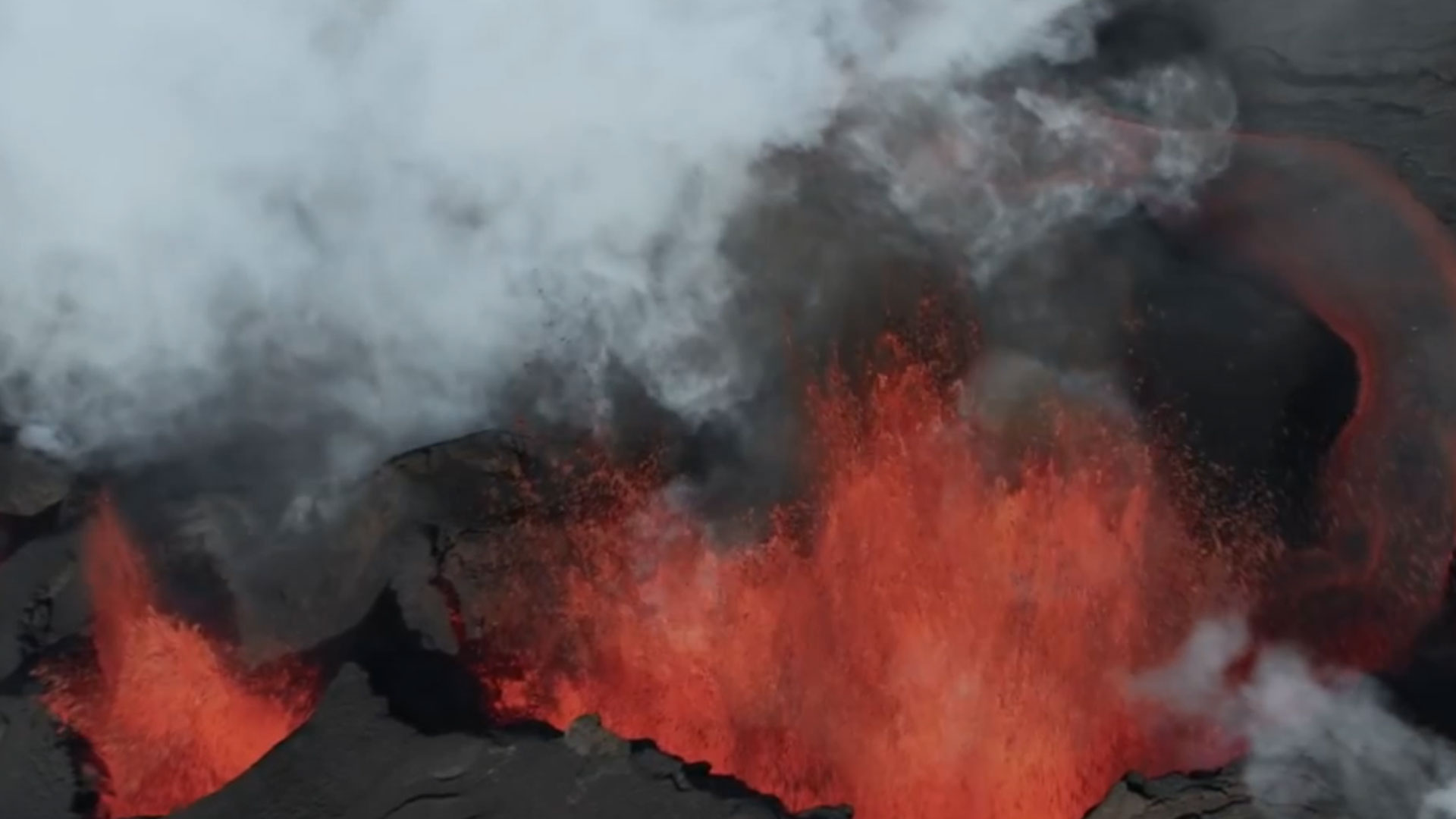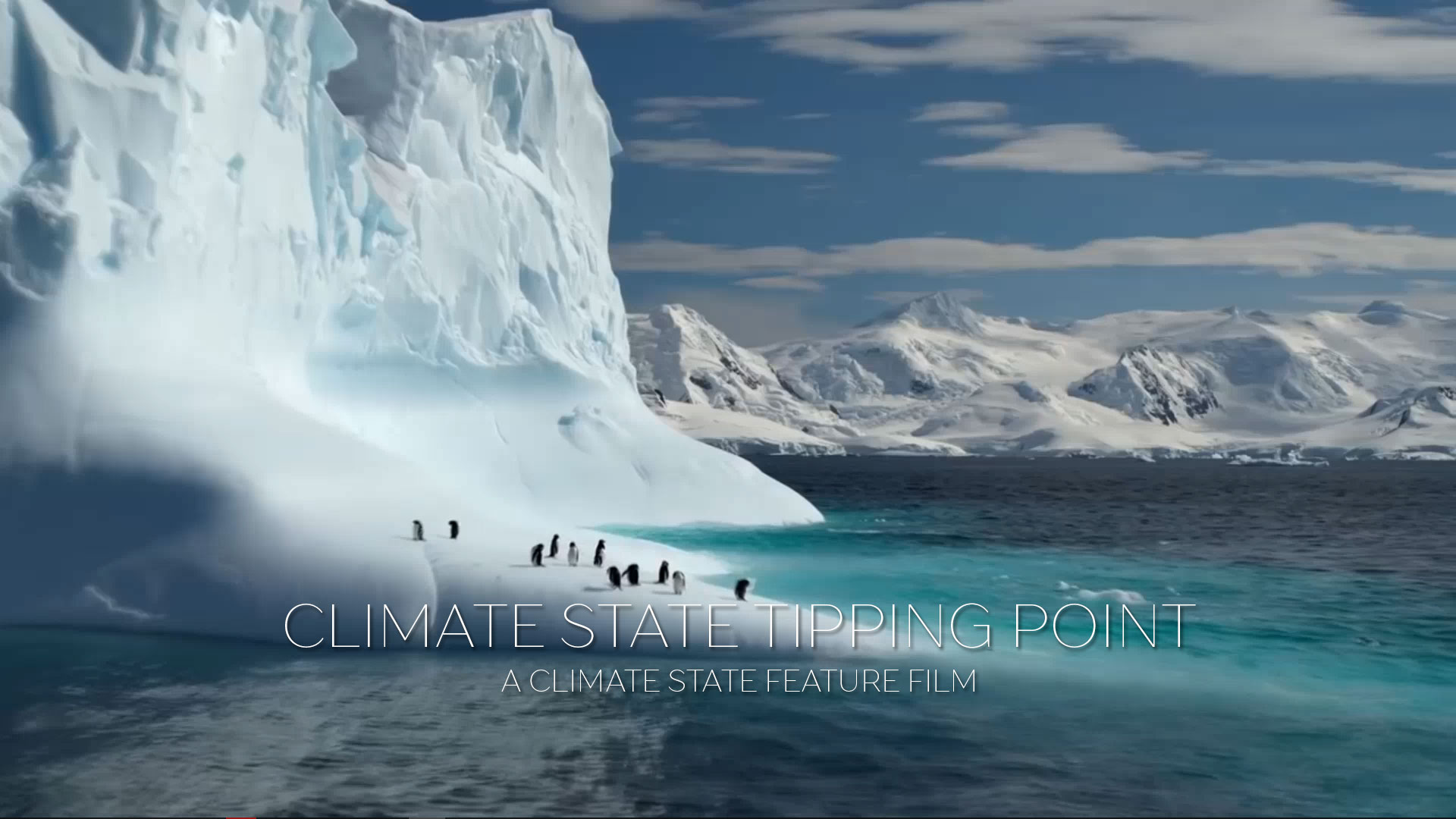Tipping points are critical thresholds in the Earth system where small changes can lead to large and sometimes irreversible consequences. They occur in various interconnected systems, such as ice, ecosystems, oceans, and the atmosphere.
Discover how climate change is affecting Canadian lakes as they lose oxygen faster than the world's oceans. Watch the video to learn more.
Climate change is ranked the number one threat to the […]
Andrew Thurber, Oregon State University on his research on methane […]
The frequency with which new, serious disease epidemics have been […]
Flood basalts and mass extinctions – ancient hyperthermals as analogs for […]
